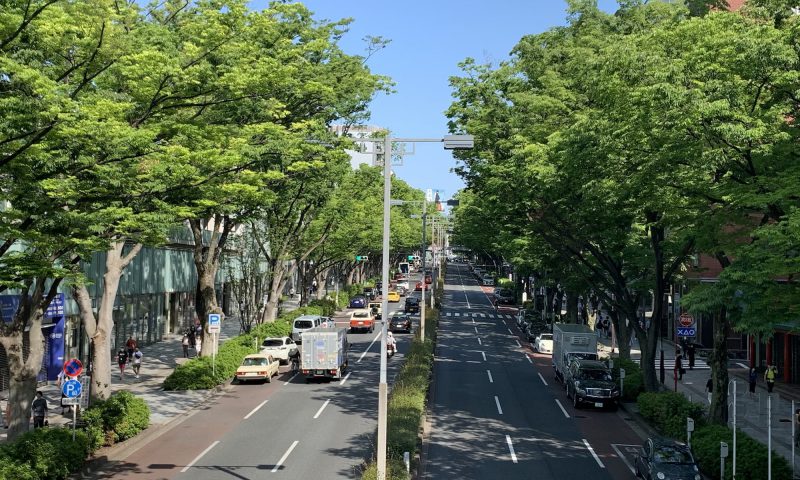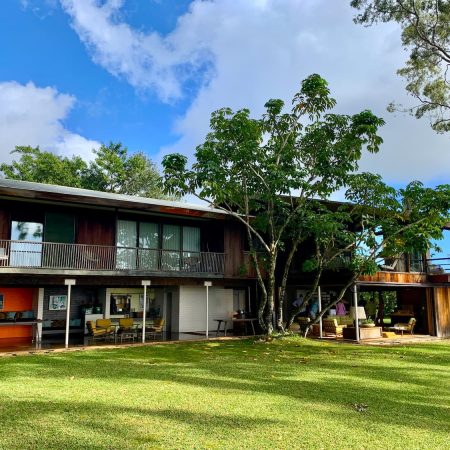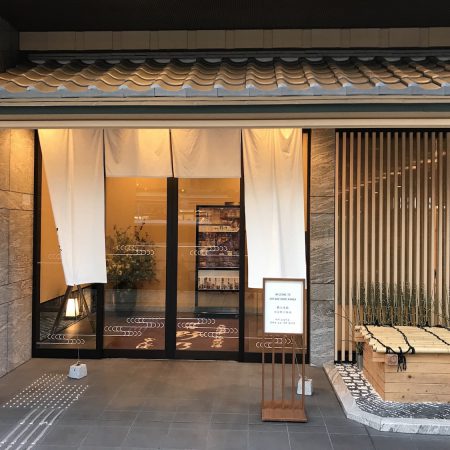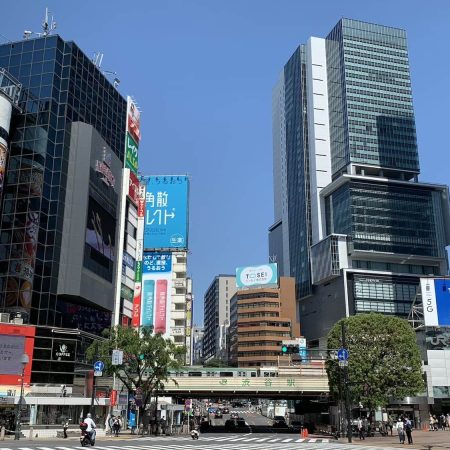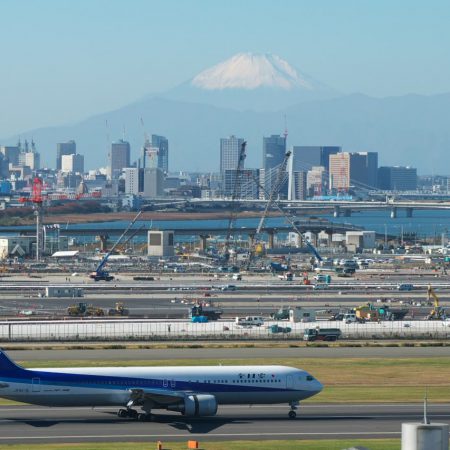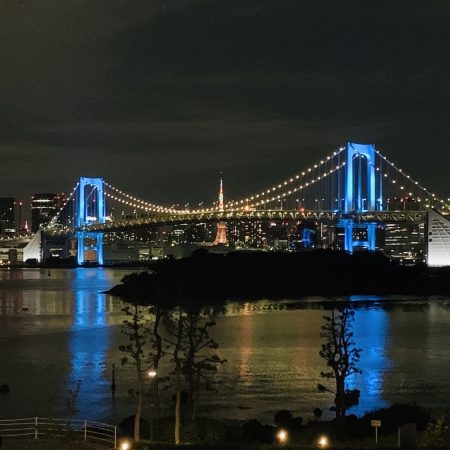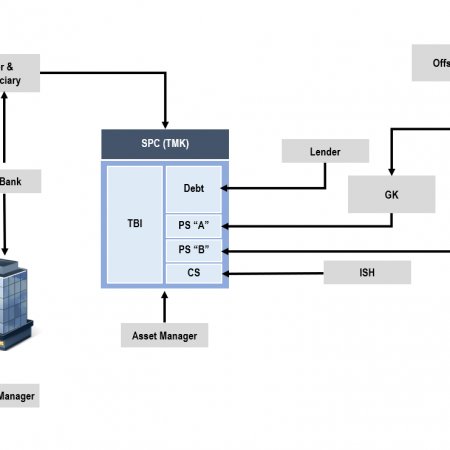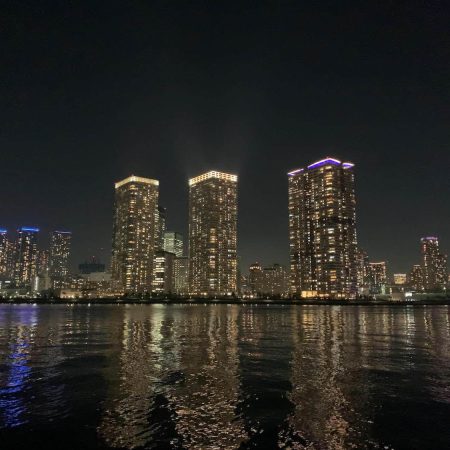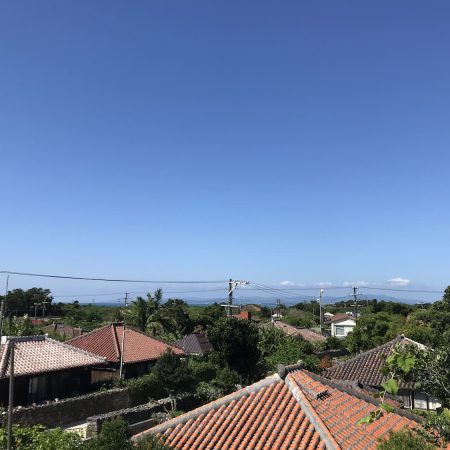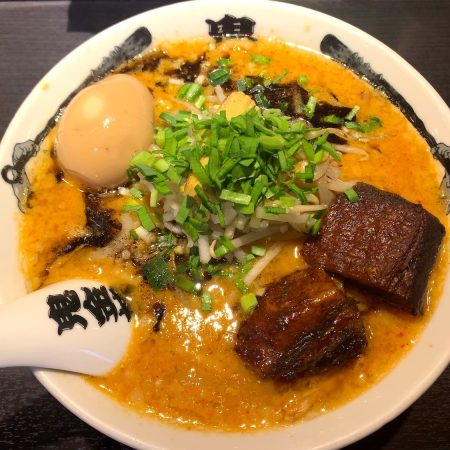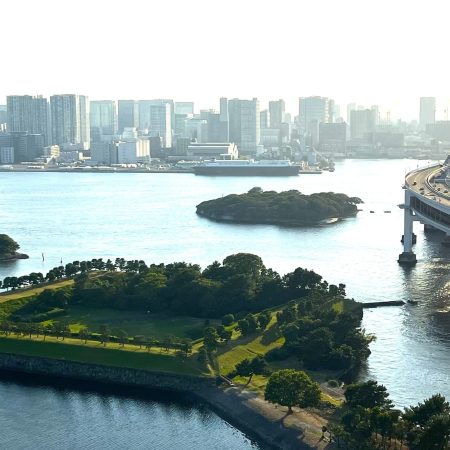Understanding Zoning Regulations for Wise Investment Decisions
Japan is characterized by virtually no natural resources and scarce land area. Given these facts, it should not be surprising that, in most areas of Japan, there are various restrictions on land use and building construction. The City Planning Law imposes uniform regulations on efficient land utilization throughout Japan. This act designates City Planning Areas where about 93% of the population live and sets restrictions on the type and uses of properties in those areas. Japan’s City Planning Law divides land into “Land Use Zones.”
Knowledge of regulations concerning zoning are crucial in making investment decisions. The investor must be aware, for example, of restrictions on the maximum allowed floor area ratio and the building-to-land ratio in each Land Use Zone. If you are buying a new piece of land with the intention of development and building on it, be sure to research the zoning and confirm that you can build the intended building before you proceed with the construction. The official website of the Ministry of Land, Infrastructure and Transport provides a detailed introduction to Japan’s land use system.
Land Use Zones are broadly divided into three types of land use: residential, commercial, and industrial. From these three classifications, residential areas are further subdivided into eight types; commercial areas into two types; and industrial areas into three types. For each zone, there are specifications concerning the uses of buildings which can be constructed in the zone. This restriction controls the volume and height of buildings as well as the use of them under provisions of the Building Standard Law.
Residential is primarily zoned to maintain a good living environment. Construction and use restrictions in this zone are placed on commercial facilities, factories, and such.
Commercial zones generally permit a wide range of uses from shops and offices to entertainment facilities. An important exception is restrictions on factories that use or produce highly hazardous materials or have the potential to significantly degrade the environment.
Industrial zones are primarily areas where factory construction is permitted.
Japan is a very safe place for real estate investment, but it is imperative that you understand the relevant laws and customary procedures since there are important differences with Western legal systems.

